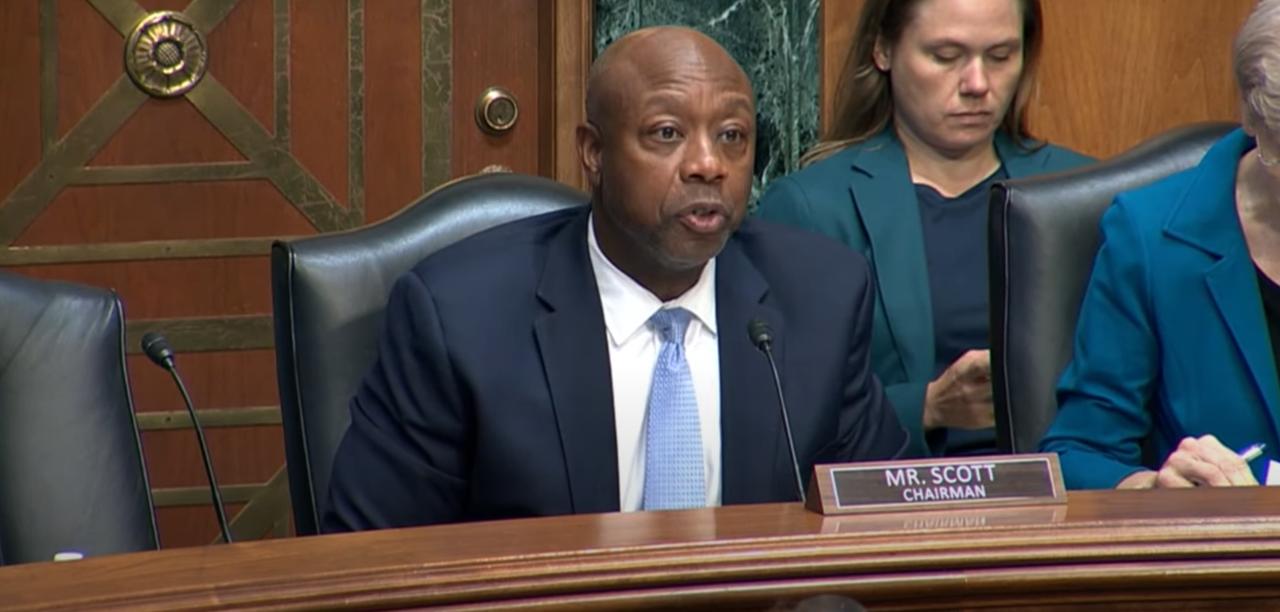
On Wednesday, the Senate Banking Committee held a hearing on how to regulate the rapidly expanding digital asset market. During the hearing, the committee's chair Tim Scott urged fellow lawmakers to take steps to develop and advance legislation related to the cryptocurrency market.
Scott called on lawmakers to speed up crypto regulations so that the U.S. does not fall behind its global competitors. However, Sen. Elizabeth Warren highlighted the need to be cautious about loopholes that could benefit the crypto lobby.
According to a press release issued by the U.S. Senate Committee on Banking, Housing and Urban Affairs, Scott welcomed the Senate's passage of the GENIUS Act and noted the importance of the hearing in continuing this progress.
Regulations related to digital assets were discussed in the U.S. Senate. Scott highlighted at the hearing that blockchain technology and digital assets are here to stay.

Scott stated that the U.S. is at a critical crossroads in terms of whether it will take a leading role in digital finance, warning that American innovation and investment could shift overseas if countries such as Singapore and the United Arab Emirates are allowed to set global standards.
Highlighting the importance of this step following the passage of the GENIUS Act in Congress, Scott highlighted the need to establish a comprehensive regulatory framework that will provide clarity to innovators and strong protection to investors.
In the hearing titled “From Wall Street to Web3: Building the Digital Asset Markets of the Future,” the focus was on developing detailed cryptocurrency market regulations.
Among those who spoke were Blockchain Association CEO Summer Mersinger, Ripple CEO Brad Garlinghouse, and Chainalysis CEO Jonathan Levin.
Sen. Warren, who spoke at the hearing, shared her priorities regarding the cryptocurrency market with the public. Warren highlighted the need for solid cryptocurrency regulations that would strengthen rather than weaken the U.S. financial system.
Taking a critical view of some of the Republican senators' proposals, Warren noted that these initiatives risk creating a structure that responds to the demands of the cryptocurrency lobby and includes regulations that are more flexible than those currently applicable to financial actors.